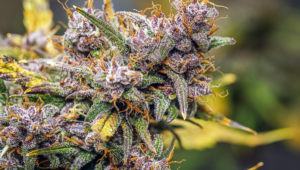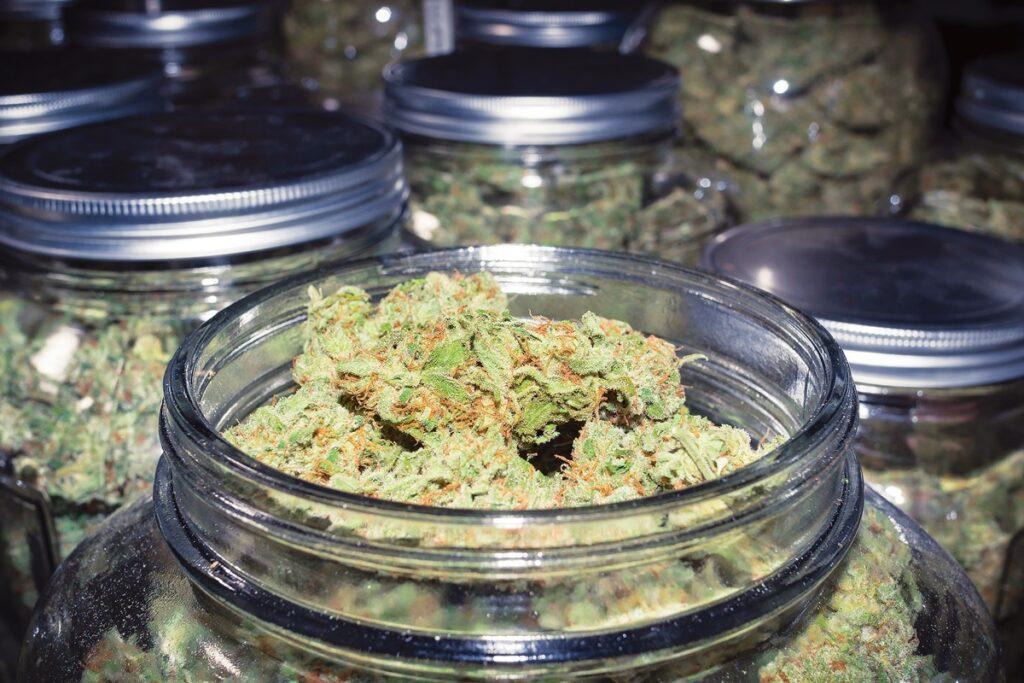A decision by the Alaska Supreme Court will remove from an online database around 750 marijuana possession convictions.
 The order signed by the court’s five justice will remove these marijuana convictions from Courtview, the state’s official online database of court cases which is useable by the public. The records will still be available for inspection at courthouses and through formal criminal background checks, but they won’t be readily available to the public.
The order signed by the court’s five justice will remove these marijuana convictions from Courtview, the state’s official online database of court cases which is useable by the public. The records will still be available for inspection at courthouses and through formal criminal background checks, but they won’t be readily available to the public.
“I’m glad that the Supreme Court has ordered this,” says Senator Scott Kawasaki.

 The Senate Finance Committee today voted in favor of a bill to legalize medical marijuana, just a day after the
The Senate Finance Committee today voted in favor of a bill to legalize medical marijuana, just a day after the 
 This makes the committee the 10th to do so, meaning the proposal has just four more committees to clear before it can receive a vote by the full House.
This makes the committee the 10th to do so, meaning the proposal has just four more committees to clear before it can receive a vote by the full House.
 In total the state made $23,352,041 in taxes from marijuana and marijuana products sold legally within the state in January. This brings the total since the beginning of legal marijuana sales in 2014 to $2,366,388,730.
In total the state made $23,352,041 in taxes from marijuana and marijuana products sold legally within the state in January. This brings the total since the beginning of legal marijuana sales in 2014 to $2,366,388,730.
 Introduced by Senator Bill Rabon, a Republican, the measure was passed through committee today in a voice vote after several amendments were approved.
Introduced by Senator Bill Rabon, a Republican, the measure was passed through committee today in a voice vote after several amendments were approved.
 The
The